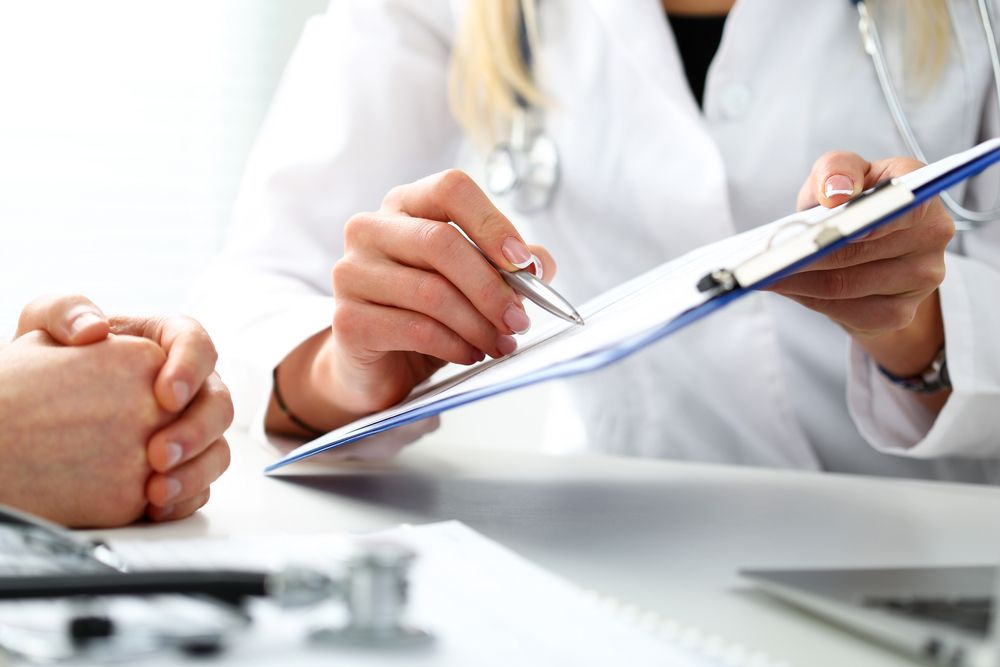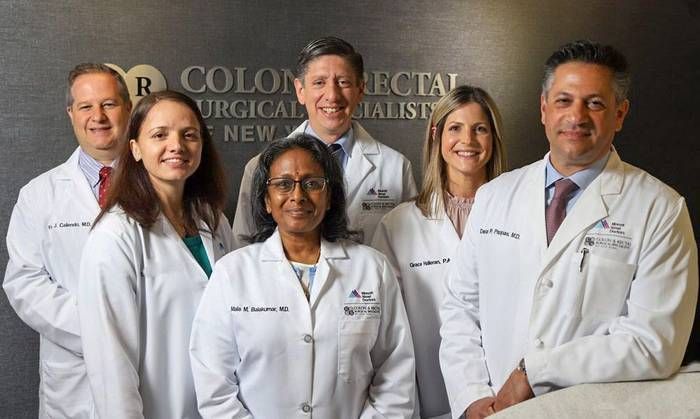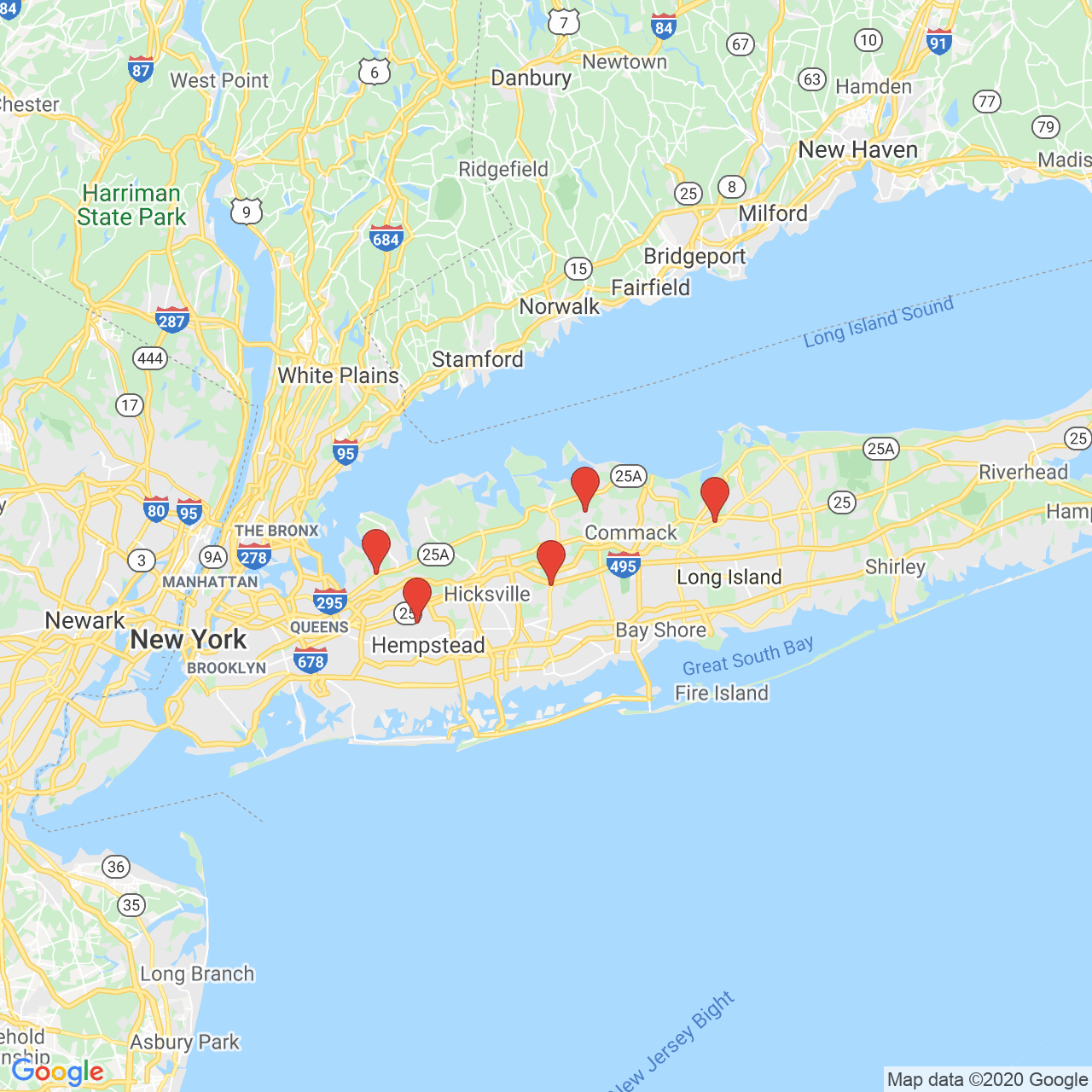
BY DEAN PAPPAS M.D.
Anal cancer is relatively rare, but just as deadly as other cancers if left untreated. Fortunately, with early detection, anal cancer is highly treatable.
At the Colon & Rectal Surgical Specialists of New York, our team of specialists provides diagnostic exams and treatment for those experiencing anal cancer symptoms in New York. Understanding the symptoms of anal cancer is essential for knowing when to seek a diagnosis and can help detect cancer in its earliest stages. If you experience any of the following anal cancer symptoms, you are encouraged to schedule a consultation with one of our doctors.
What Are the Symptoms of Anal Cancer?
Anal cancer does not always present symptoms; when symptoms are present, some may mistake them for other benign conditions, like hemorrhoids, anal fissures, and anal warts.
This is complicated by the fact that some of the symptoms of anal cancer, like pain and rectal bleeding, are in fact similar to the symptoms of such benign conditions, which can cause symptoms to go ignored until the cancer becomes more severe.
Recognizing the symptoms of anal cancer is key to early detection and successful treatment. Those who experience one or more of the following symptoms may have anal cancer and should see a doctor as soon as possible.
Rectal Bleeding
Rectal bleeding is often one of the first symptoms of anal cancer. Rectal bleeding is also a common sign of hemorrhoids and anal fissures. Sometimes this early sign of anal cancer is mistaken for hemorrhoids or anal fissures, which can lead to anal cancer going untreated.
Anal or Rectal Discharge
Another symptom of anal cancer to be aware of is the presence of an abnormal discharge coming from the anus or rectum. Abnormal anal discharge includes substances such as pus, mucus, or a combination of the two.
Rectal Itching
Rectal itching that persists may be an indication of anal cancer in some people. Rectal itching may be constant or made worse by such activities as passing bowel movements or having anal intercourse.
A Lump or Mass
One possible sign of anal cancer some may discover is a lump or mass at the anal opening. A lump or mass could be formed by cancerous cells and should be tested as early as possible.
Pain or a Full Feeling
Sometimes anal cancer can cause pain in the anal area. Others may experience a feeling of fullness or pressure in the anal area, while some may feel pain as well as fullness or pressure.
In some cases, pain, pressure, or fullness is persistent. In other cases, such symptoms may worsen with bowel movements or anal intercourse.
A Change in Bowel Movements
Changes in bowel movements can sometimes be a sign of anal cancer.
For some, changes in bowel movements may include a narrowing of the stool.
Others may notice a change in frequency of bowel movements, with generally more bowel movements.
Another change may be increased difficulty or straining.
Some people may only experience one change in bowel movements, while other may experience multiple.
Swollen Lymph Nodes
Lymph nodes trap viruses, bacteria, and other substances to prevent them from reaching and infecting other areas of the body. Anal cancer can cause lymph nodes within the groin and anal regions to swell.
Early Detection Is Important
If you have noticed one or more signs of anal cancer, it is important to see a doctor as soon as possible. Although many of the signs of anal cancer are shared with benign conditions, like hemorrhoids and anal fissures, it’s important to seek a diagnosis to determine the cause of symptoms.
Learn More about Anal Cancer Treatment
If you are experiencing one or more signs of anal cancer, it’s important to have your symptoms diagnosed. Our team of specialists offer comprehensive anal cancer screenings and can help determine the cause of your symptoms. To schedule a consultation, please contact us online at your earliest convenience.

